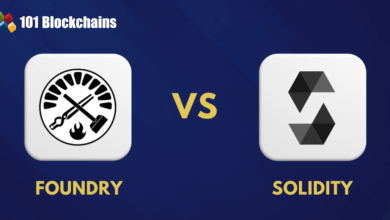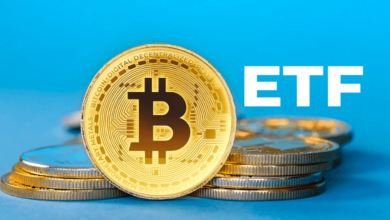Circle Introduces Gas Station and Smart Contract Platform to Optimize Web3 Development

Circle, a global financial technology company, has taken steps to simplify blockchain interactions for developers and businesses with the beta release of two new Web3 Services products: Gas Station and Smart Contract Platform. These new services follow on from Circle’s recent offering of programmable wallets. Gas Station aims to reduce the costs associated with blockchain transactions for end users. Typically, Web3 users are required to pay a “gas fee” to transact on the blockchain. These fees have long been a sticking point for developers and businesses looking to integrate blockchain functionality into their applications.
Circle’s Gas Station allows those who integrate their apps with Circle’s programmable wallets to offer users a gas-free transaction experience. Gagan Mac, Head of Product for Web3 Services at Circle, states that “With the launch of Gas Station, we’re removing blockchain transaction fees for end users… We’re reducing friction and making blockchain transactions more accessible to everyone.” This feature currently supports Polygon on both mainnet and testnet and Ethereum on its testnet.
Working with smart contracts, which are fundamental to blockchain automation, often involves various operational challenges. These may include using different tools on different chains and maintaining version control for live contracts. Circle’s Smart Contract platform aims to overcome these barriers by providing a comprehensive suite for smart contract management. The platform uses a REST API and offers a user-friendly interface, making it more accessible to traditional Web2 developers who may not be familiar with blockchain-related languages such as Solidity.
The platform enables easier development and management of smart contracts, facilitating applications such as NFT drops, DeFi experiences and digital currency transactions. According to another media report, the Smart Contract platform “enables developers to develop smart contracts using a collection of pre-tested code templates and either a console or REST API.” Available on Avalanche, Ethereum, and Polygon networks, it offers a solution “no code” for Polygon development.
Circle’s new Web3 Services products have the potential to significantly lower the barriers to entry for both developers and end-users in the blockchain ecosystem. For example, Singapore-based super app Grab is already piloting the Gas Station service to offer its customers gas-free transactions involving non-fungible vouchers (NFTs).
With these new services, Circle continues to expand the scope and reduce the complexity of blockchain-based applications, aiming to make them as accessible and user-friendly as their Web2 counterparts.
Image source: Shutterstock




